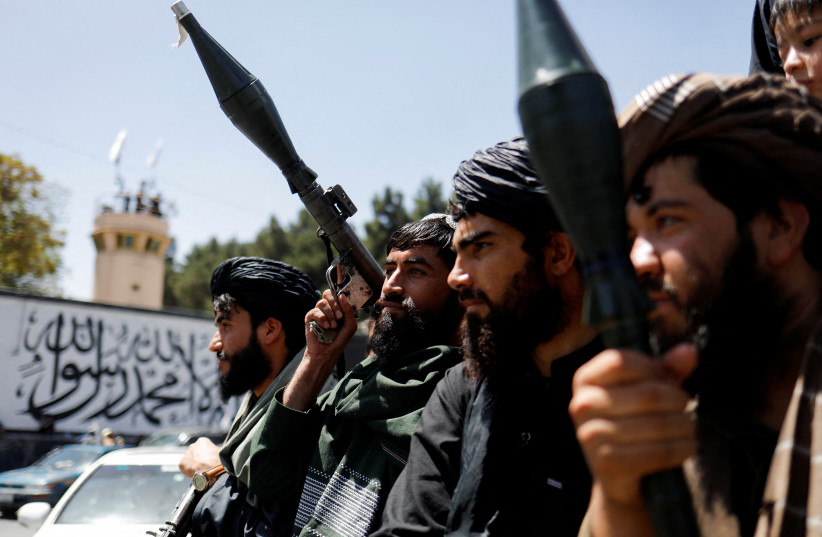The United Arab Emirates has accepted the credentials of a Taliban-appointed diplomat as the ambassador of Afghanistan, a UAE official said on Thursday, making the Gulf state the second country after China to accept a Taliban envoy at that level.
Taliban diplomats have controlled Afghanistan's embassy in Abu Dhabi and its consulate in Dubai since at least last year, foreign diplomats have said, though apparently without formal acceptance as Afghan diplomats.
The UAE official told Reuters that accepting "the credentials of the Ambassador of Afghanistan" reaffirms the Gulf state's determination to build bridges and help Afghans, including through development and reconstruction projects.
The official did not say whether the UAE, among three nations to have recognized the 1996-2001 Taliban government, now recognized the Taliban as the government of Afghanistan.
No other government has officially recognized the Taliban government since it swept back to power three years ago and until nowonly Beijing had formally accepted the credentials of an ambassador.
However, Taliban appointees are running diplomatic missions in several countries including in neighbouring Pakistan.

The Taliban-run foreign ministry said in a statement late on Wednesday that Mawlawi Badreddin Haqqani had been nominated as its ambassador and presented his credentials to the UAE's foreign ministry's assistant undersecretary for protocol affairs.
"The newly accredited Ambassador of Afghanistan will soon formally present his credentials to the Emir of the United Arab Emirates during (an) official ceremony," the ministry said.
Taliban-Emirati relations
The Taliban share economic ties with the UAE, which won contracts to run operations at Kabul airport in 2022. Interior minister Sirajuddin Haqqani, designated as a "specially designated global terrorist" by the US, met UAE President Sheikh Mohamed bin Zayed Al Nahyan in Abu Dhabi in June.
The Taliban entered the Afghan capital on Aug. 15, 2021, as the Afghan security forces, set up with years of Western support, disintegrated and US-backed President Ashraf Ghani fled. The UAE military had fought alongside US-led forces during the 20-year war that ousted the Taliban in 2001.
Though China and the UAE have not formally recognized the Taliban administration or confirmed any official change in relations, diplomats and international analysts say formally accepting, an ambassador is a grey area of international diplomacy that could constitute upgraded ties.
Many governments, especially Western nations including Washington, have said the path to any formal recognition of the Taliban will be stuck until they change course on women's rights and re-open high schools and universities to girls and women.
The Taliban say they respect rights in accordance with their interpretation of Islamic law and that restrictions on its banking sector and a lack of recognition are hindering its economy.
